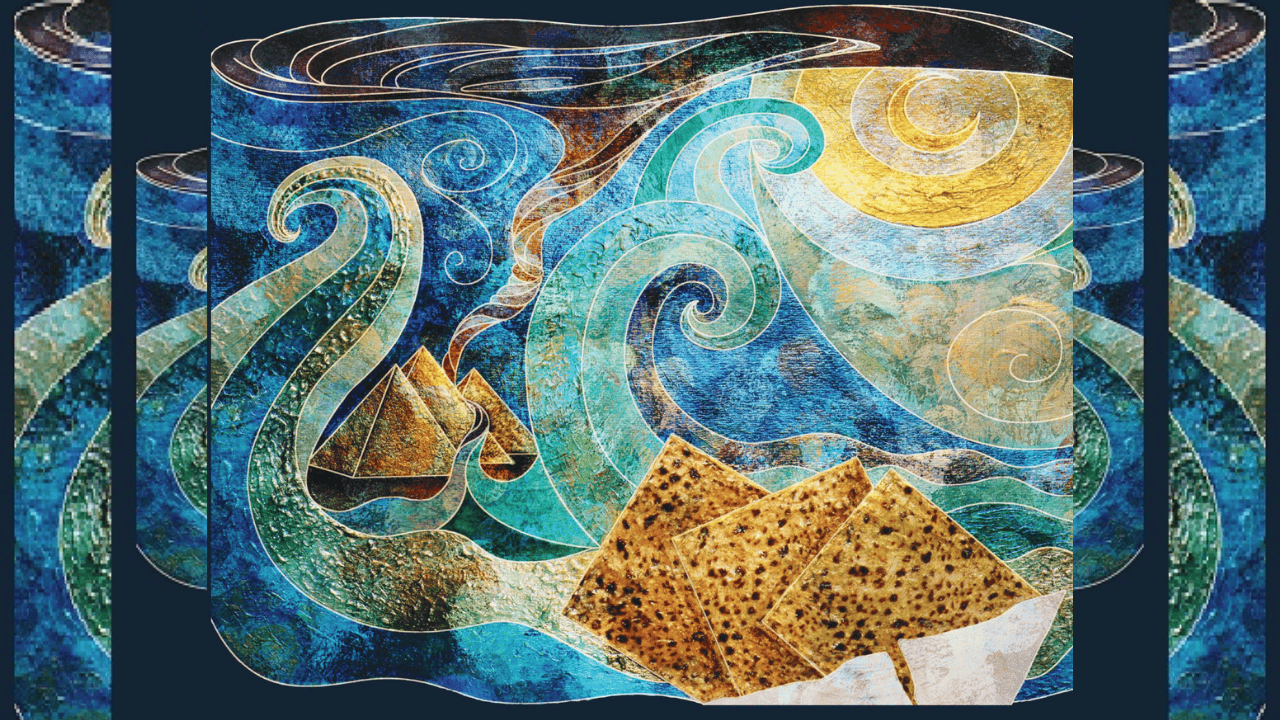Once, in the period following Rosh Hashanah, Rabbi Shlomo Carlebach taught that three human emotions – jealousy, anger, and sadness – prevent human beings from receiving the Divine effluence of newness and renewal that flows into the world at the year’s beginning. He explained that each of these emotions prevents the mind and the heart from opening up to the blessings inherent in a new year.
Significantly, in the first portion of the Torah these three emotions play a major role in Cain’s relationship with Abel, and ultimately lead him to commit murder. Although it was initially Cain’s idea to bring an offering to God, when the time came, he brought a mediocre offering, while Abel brought his very best. While not a function of Cain’s jealousy, anger, or sadness, his choice of a mediocre offering also teaches an important life lesson. For how many times do we begin a project or stage of life with great enthusiasm only to finish it halfheartedly, doing less than our best? A second-best effort often leads to second-rate results.
When God chose Abel’s offering, the Torah relates that Cain became angry and despondent. This naturally led to his becoming jealous of Abel. God attempted to teach Cain that despite his failure all was not lost: “Surely if you improve you will be uplifted, but if you do not improve sin crouches at the door; and to you is its desire, yet you can rule over it” (Genesis 4:7).
Rashi explains that “sin crouching at the door” is the evil inclination ever ready to pounce upon a person. Chassidut teaches that the evil inclination is more interested in the depression following the sin than in the act of sinning itself, for nothing is as spiritually and, even physically, debilitating as ongoing sadness and depression. God, well aware of this psychological reality, assures Cain that despite his current depression and the constant attempts of the evil inclination to deceive and seduce him, he can ultimately conquer his urges and desires.
Jealousy, anger, and sadness are common emotions that many people are forced to combat. The question is whether we rule over them or whether we allow them to rule over us. Cain was overwhelmed with these negative emotions and consequently murdered his brother. At the beginning of the year, when we read this story, each person should contemplate whether unconstructive feelings such as these are still lingering within – even after all the prayers of the Ten Days of Repentance have been said. If so, it is never too late to change. Dispelling jealousy, anger, and sadness allows the Divine energy of renewal to penetrate our hearts and minds, and invigorate us as a new year begins.







